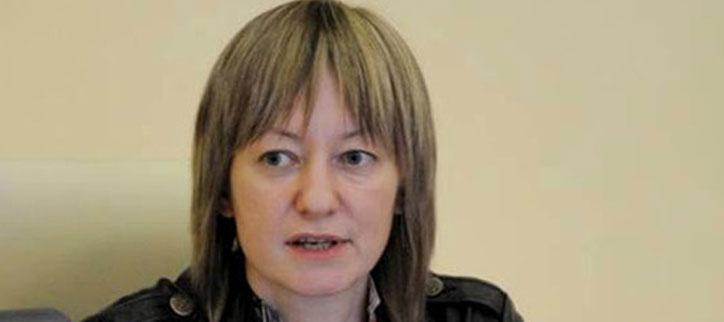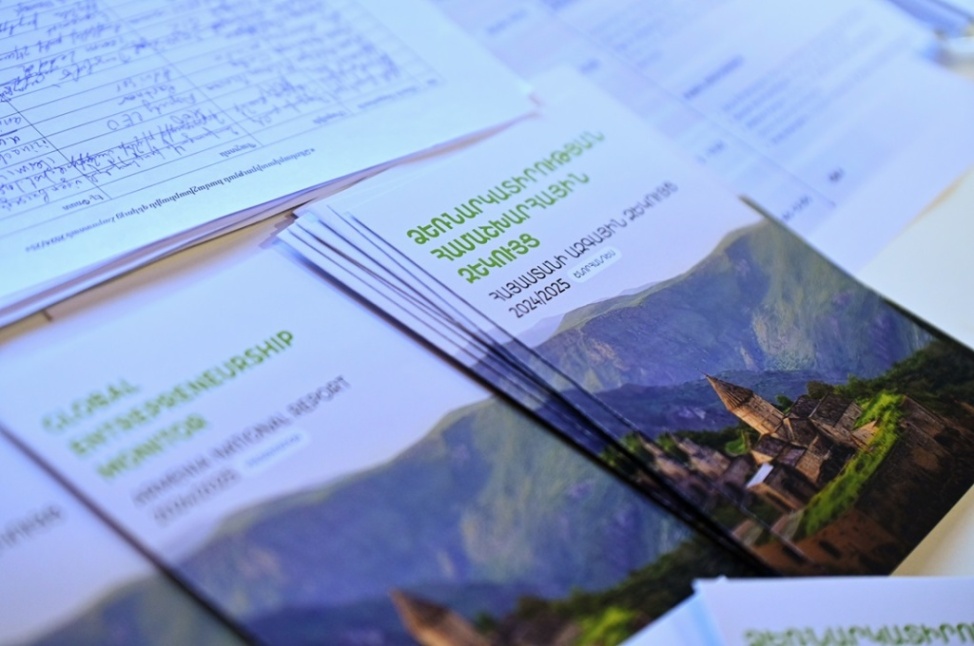Armenians should feel benefits of their country's membership in EEU, Russian expert says
07.07.2015,
18:37
A Russian expert in the Caucasus, Yana Amelina, says apart from words praising Armenia’s membership in the Russia-led Eurasian Economic Union (EEU), there should be real deeds showing its citizens the economic benefits of the membership.

YEREVAN, July 7. / ARKA /. A Russian expert in the Caucasus Yana Amelina says apart from words praising Armenia’s membership in the Russia-led Eurasian Economic Union (EEU), there should be real deeds showing its citizens the economic benefits of the membership.
In an article published in Russkaya Planeta (Russian Planet) website she says six months after formal accession of Armenia to the alliance Armenians have seen only an increase in electricity price (unlike their neighbor Georgia that has complicated relationship with Russia) and massive imports of Russian goods in volumes jeopardizing local production.
Amelina says it is obvious that the economic component of the trade union should be complemented by political and geopolitical components, a thing that is being shamefully hushed up.
She says in the meantime Armenian experts are concerned about their Moscow-based peers' statements about a possible shift of the center of gravity of the Russian policy in the Caucasus from Armenia to Azerbaijan.
'Of course, this was said rashly, but the fact is that in Russia there is a powerful Azerbaijani lobby possessing both expert and media capability," said the expert.
She also added that the Russian policy in Armenia needs serious and thoughtful information support.
"Despite the fact that most of the Armenians look at Russia not only as a strategic partner, but also as a fraternal state, about a quarter of the population are bending towards the West. These sentiments are most common among the youth. Although Armenian experts say there are no overt anti-Russian sentiments, however, the trend is there,' she said.
According to her, statements in Russia that Armenia has nowhere to go and will have to remain Russia's ally in the region do not add to the attractiveness of Armenia’s Eurasian choice.
"Opening new media projects (in particular, the Armenian Sputnik), the Russian side for some reasons, which is hard to explain by a simple cost reduction - insists on the closure of Novosti Armenia news agency which recently celebrated its tenth anniversary of successful operation despite the fact that pro-Western and anti-Russian information projects open almost every month, whose sponsors do not think that there are too many of them,' she said.
According to Amelina, new protests in Armenia may be triggered by a rise in the price of Russian natural gas.
'Given that pro-Western street activists have certainly draw conclusions from their mistakes, they are likely to come out with political and anti-Russian demands next time –for example, to demand the pullout of their country from the Eurasian Economic Union or the withdrawal of the Russian military base," said Amelina.
She said that although such demands would hardly reflect the sentiments of one percent of Armenians as their vast majority is convinced of the need of the Eurasian integration and the strategic importance of the Russian military base in the country as the guarantor of Armenia's statehood, such inadequate demands are about to be voiced.
"Policy changes in the Armenian direction toward greater consideration of the interests of our strategic partner and ally is in the national interests of both Armenia and Russia ", she added.-0-
In an article published in Russkaya Planeta (Russian Planet) website she says six months after formal accession of Armenia to the alliance Armenians have seen only an increase in electricity price (unlike their neighbor Georgia that has complicated relationship with Russia) and massive imports of Russian goods in volumes jeopardizing local production.
Amelina says it is obvious that the economic component of the trade union should be complemented by political and geopolitical components, a thing that is being shamefully hushed up.
She says in the meantime Armenian experts are concerned about their Moscow-based peers' statements about a possible shift of the center of gravity of the Russian policy in the Caucasus from Armenia to Azerbaijan.
'Of course, this was said rashly, but the fact is that in Russia there is a powerful Azerbaijani lobby possessing both expert and media capability," said the expert.
She also added that the Russian policy in Armenia needs serious and thoughtful information support.
"Despite the fact that most of the Armenians look at Russia not only as a strategic partner, but also as a fraternal state, about a quarter of the population are bending towards the West. These sentiments are most common among the youth. Although Armenian experts say there are no overt anti-Russian sentiments, however, the trend is there,' she said.
According to her, statements in Russia that Armenia has nowhere to go and will have to remain Russia's ally in the region do not add to the attractiveness of Armenia’s Eurasian choice.
"Opening new media projects (in particular, the Armenian Sputnik), the Russian side for some reasons, which is hard to explain by a simple cost reduction - insists on the closure of Novosti Armenia news agency which recently celebrated its tenth anniversary of successful operation despite the fact that pro-Western and anti-Russian information projects open almost every month, whose sponsors do not think that there are too many of them,' she said.
According to Amelina, new protests in Armenia may be triggered by a rise in the price of Russian natural gas.
'Given that pro-Western street activists have certainly draw conclusions from their mistakes, they are likely to come out with political and anti-Russian demands next time –for example, to demand the pullout of their country from the Eurasian Economic Union or the withdrawal of the Russian military base," said Amelina.
She said that although such demands would hardly reflect the sentiments of one percent of Armenians as their vast majority is convinced of the need of the Eurasian integration and the strategic importance of the Russian military base in the country as the guarantor of Armenia's statehood, such inadequate demands are about to be voiced.
"Policy changes in the Armenian direction toward greater consideration of the interests of our strategic partner and ally is in the national interests of both Armenia and Russia ", she added.-0-



